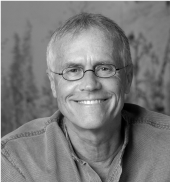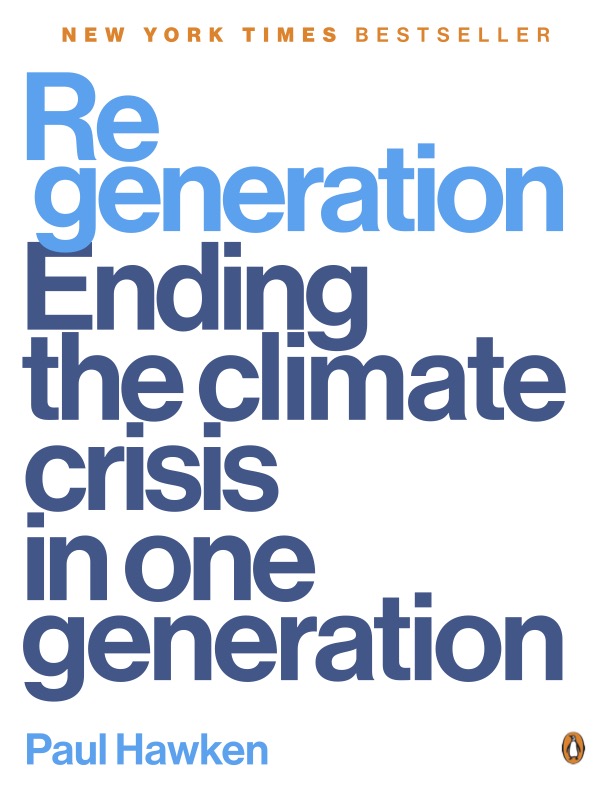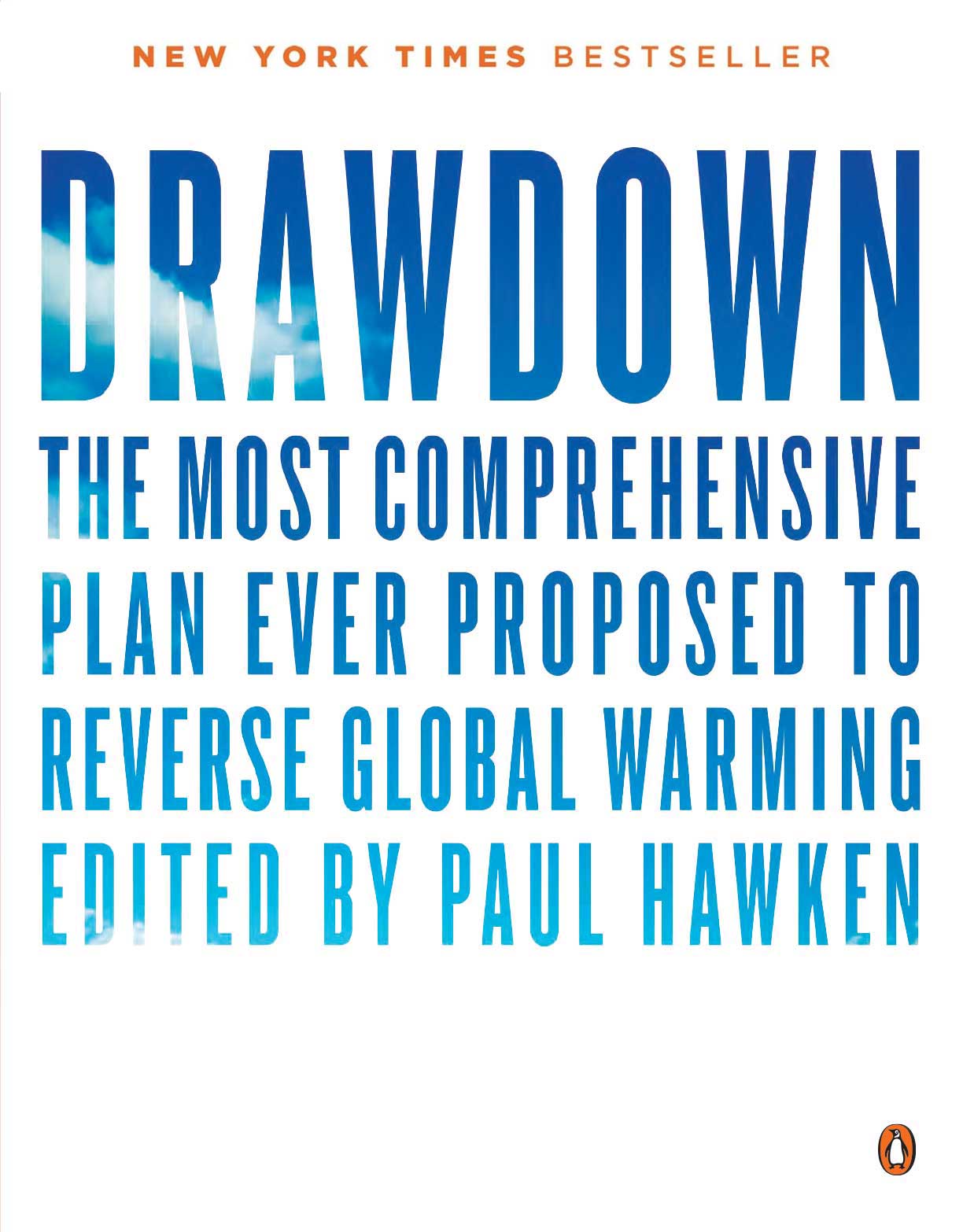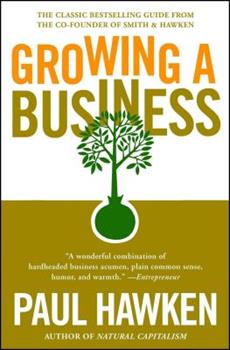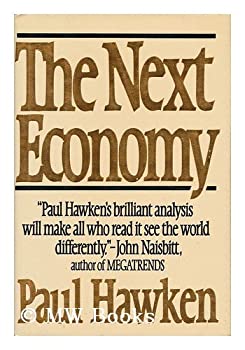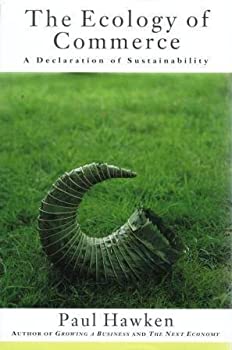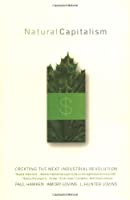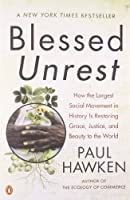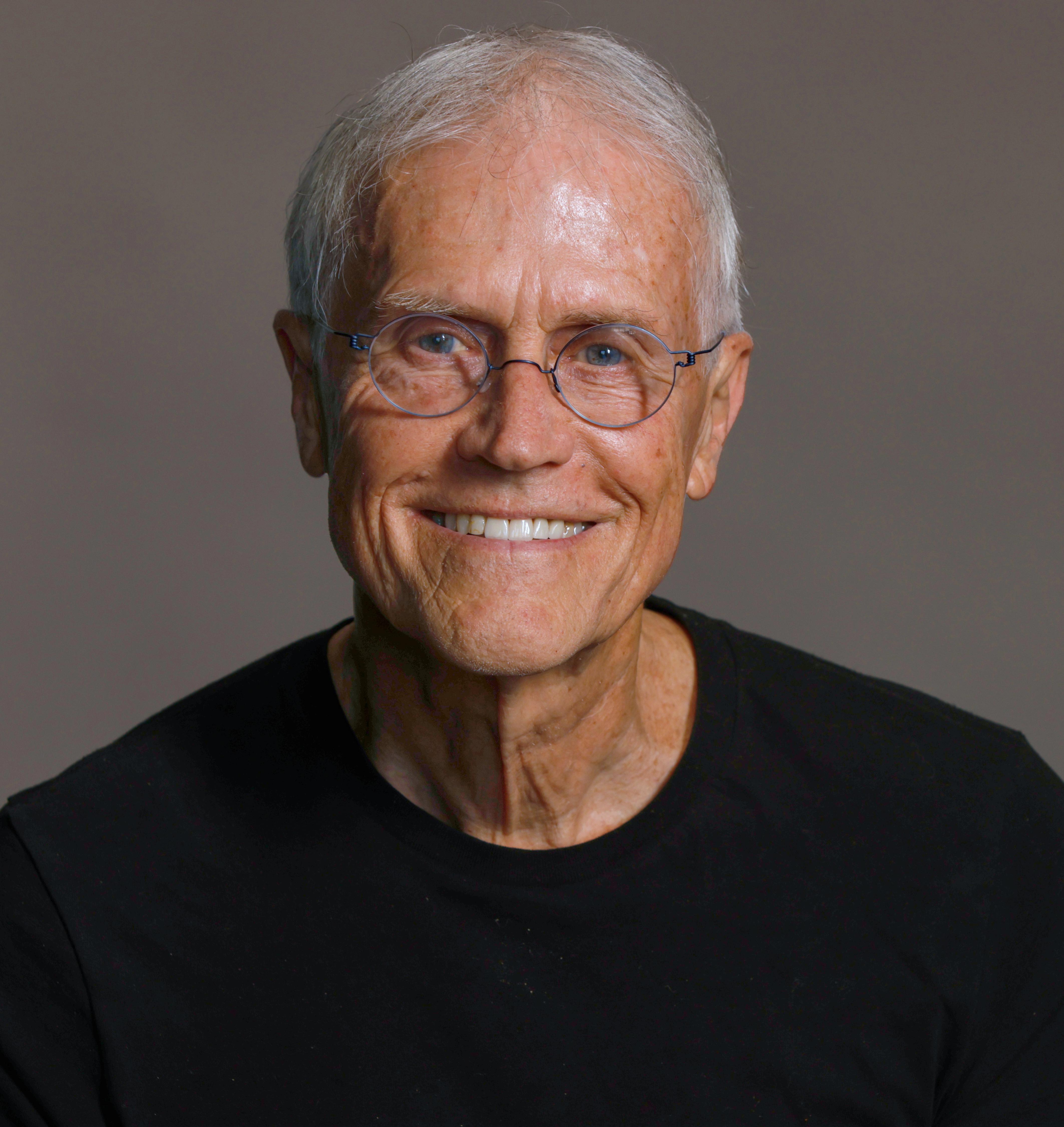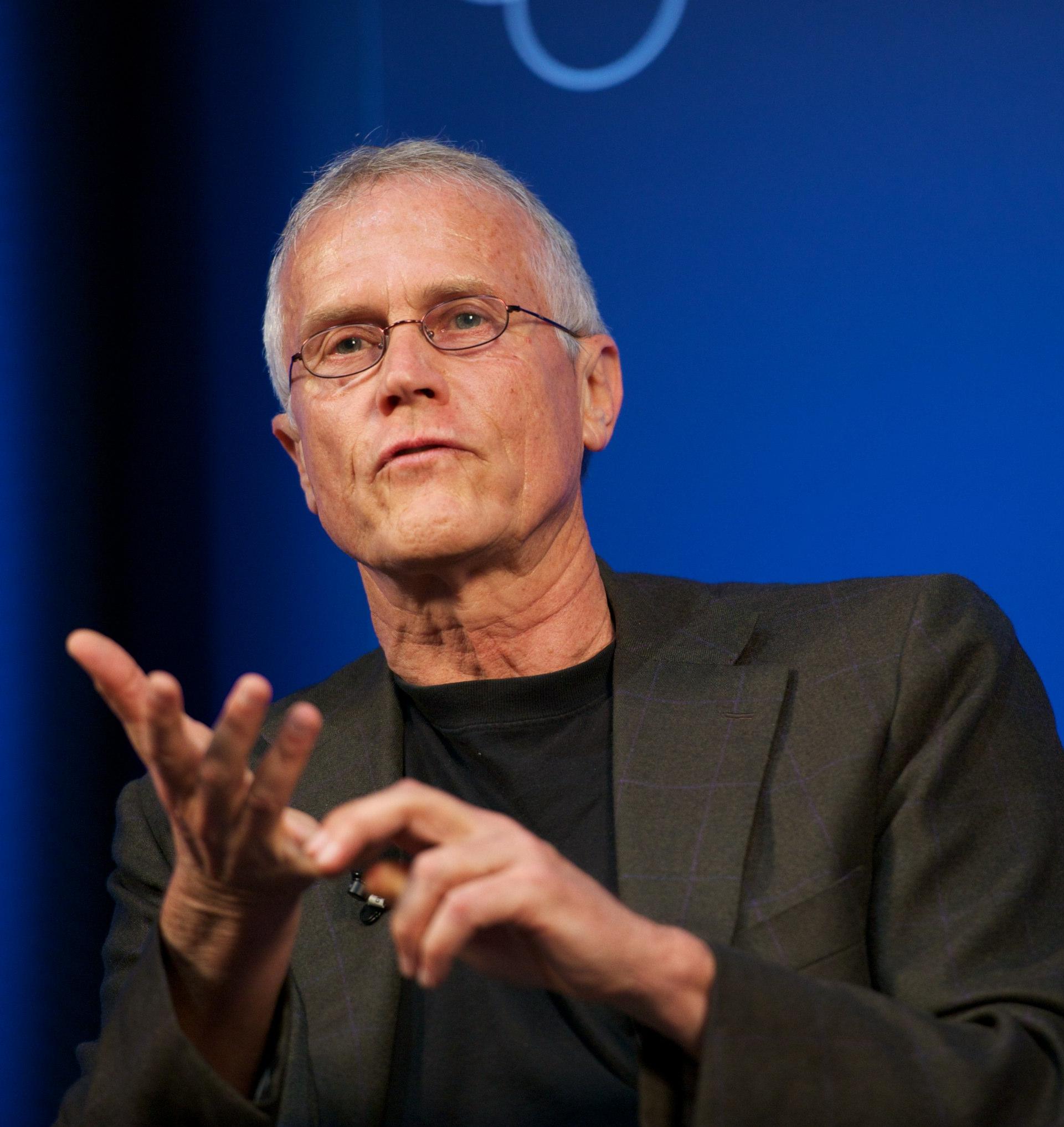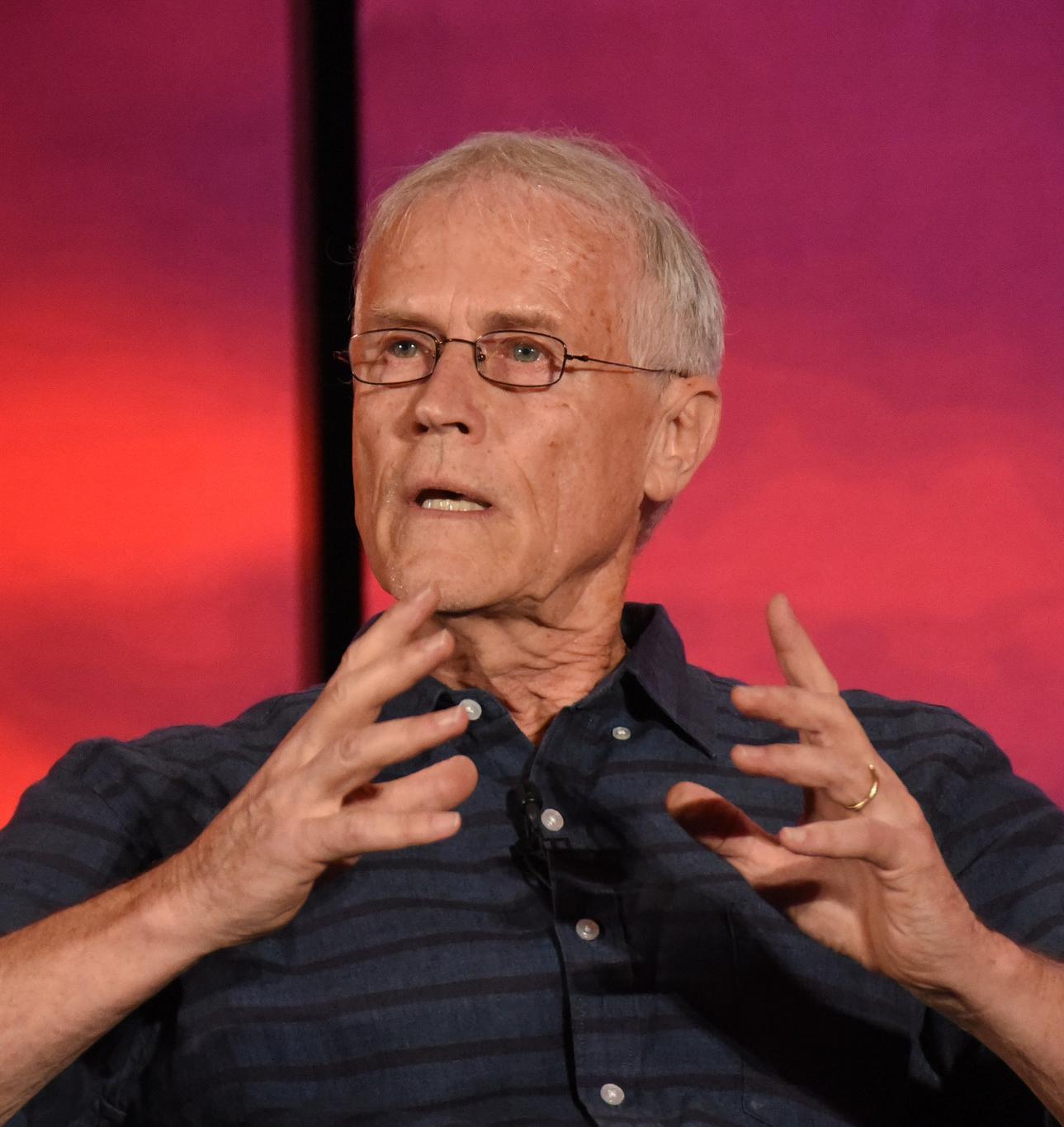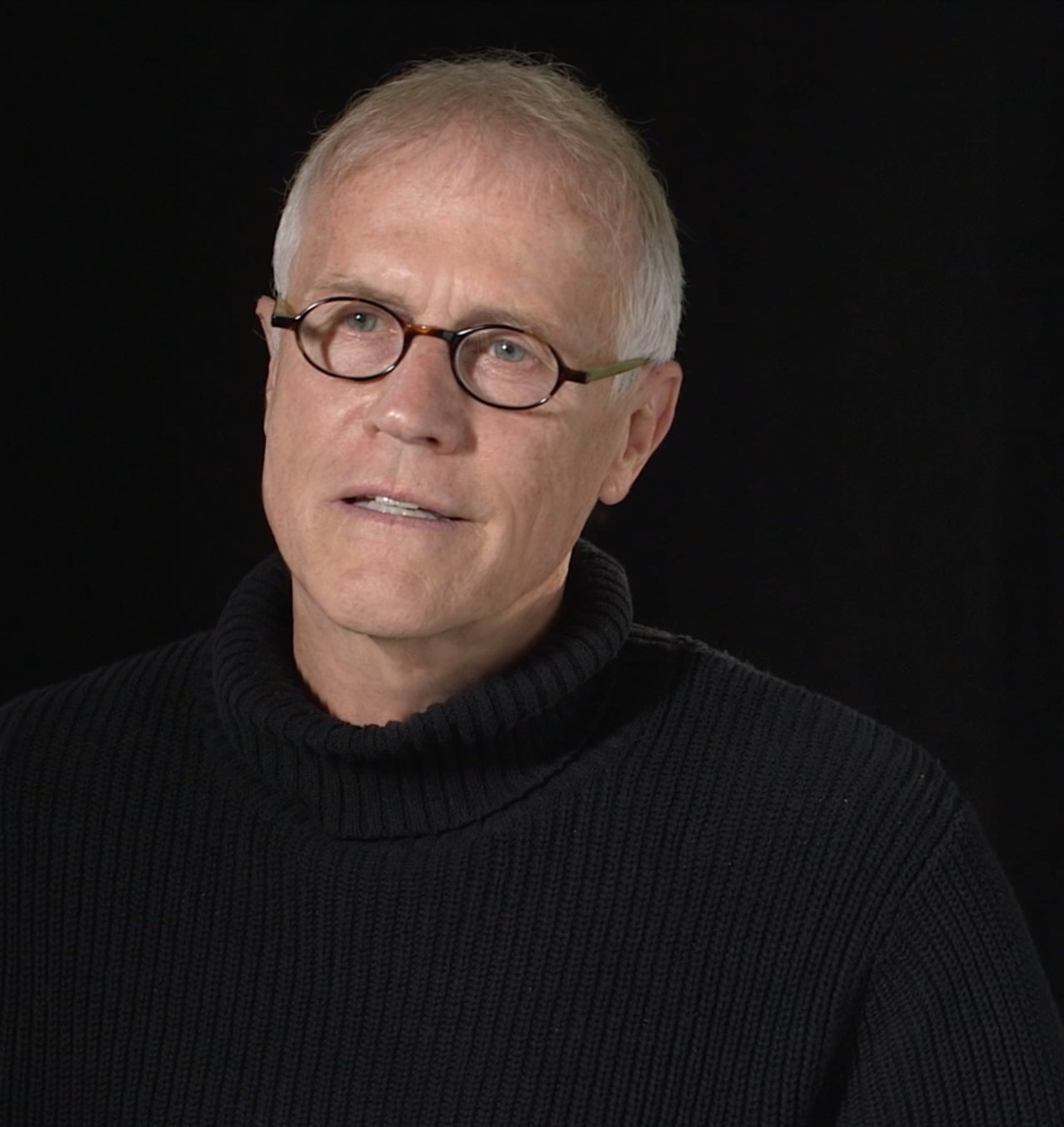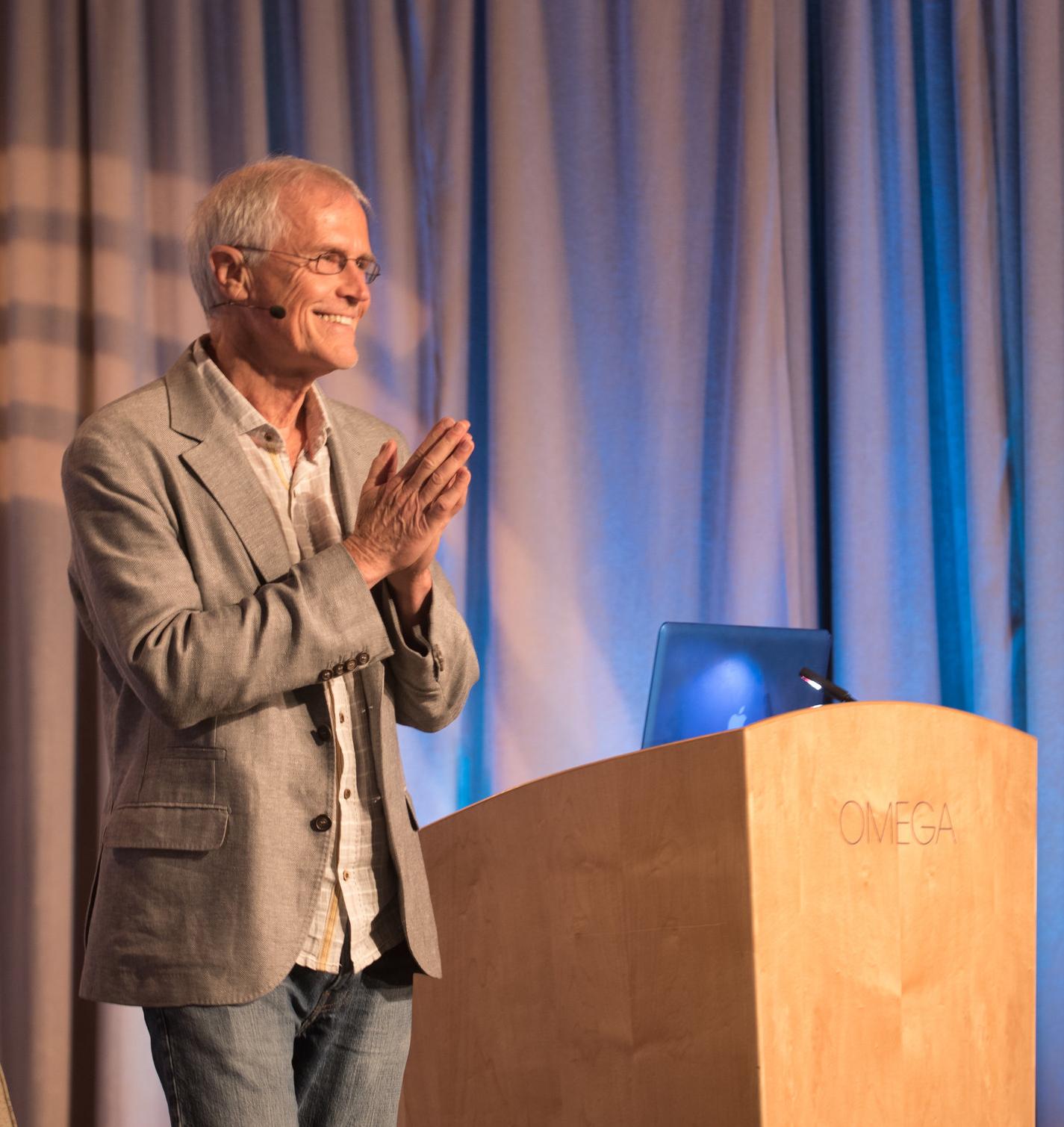We and all living beings thrive by being actors in the planet’s regeneration, a civilizational goal that should commence and never cease. We practiced degeneration as a species and it brought us to the threshold of an unimaginable crisis. To reverse global warming, we need to reverse global degeneration.
Excerpt from
Regeneration
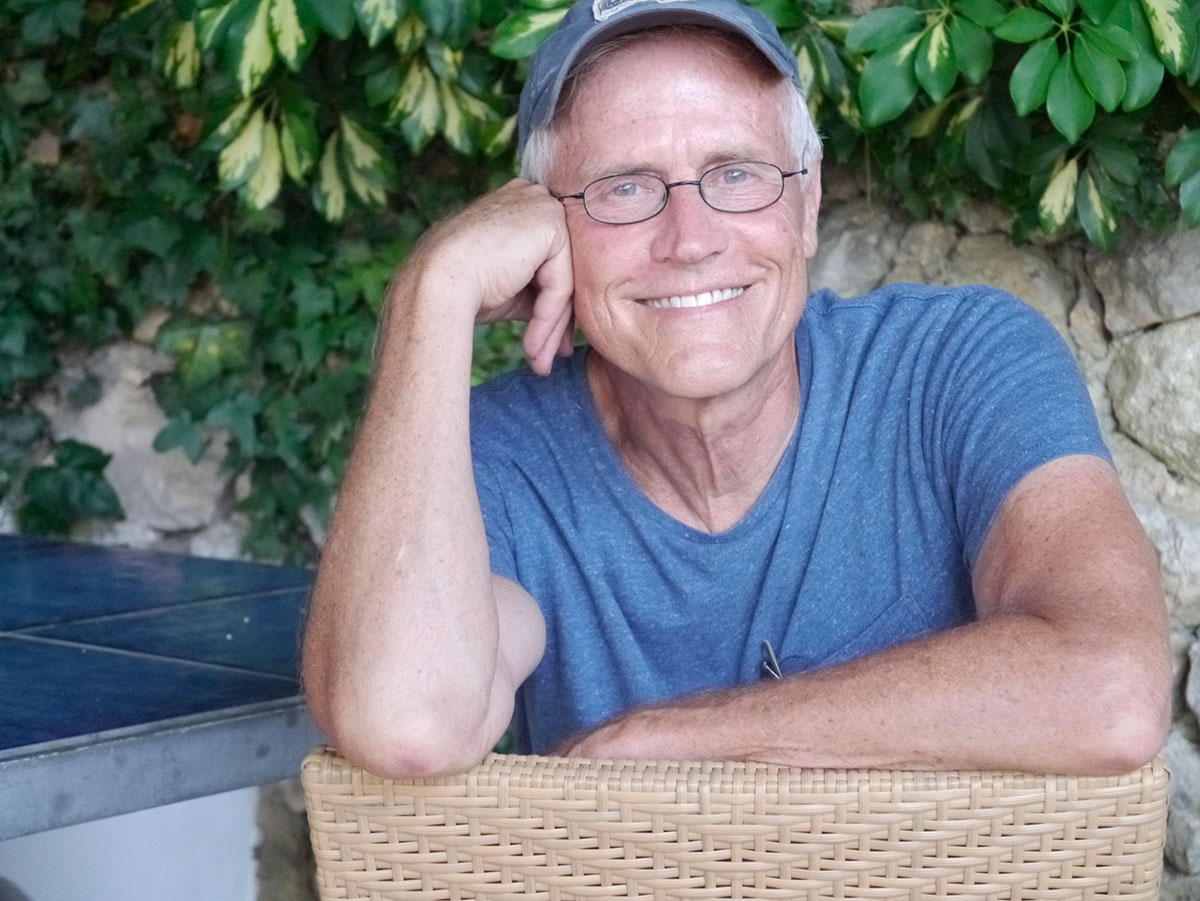
Regeneration
Regeneration has two meanings. It refers to regenerating life on earth. And it refers to a new generation of humanity coming together to reverse global warming.
Urgency
Regeneration is a response to the urgency of the crisis, a determined what-to-do manual for all levels of society, from individuals to national governments and everything and everyone in between. It describes a system of interlocking initiatives that can stem the climate crisis in one generation.
Agency
The path to solving the crisis is counter intuitive: in order to reverse global warming, we need to address current human needs, not an imagined future. If we want to get the attention of humanity, humanity needs to feel it is getting attention. Planetary regeneration creates livelihoods that bring life to people and people to life. It is work that links us to each other’s wellbeing, that provides those in poverty with purpose and meaning, worthy involvement with their community and children, a living wage, and a future of dignity and respect.
This is a watershed moment in history where all of humanity has come together, whether we realize it or not. The heating planet is our commons. It holds us all. To address and reverse warming requires connection and reciprocity. It calls for moving out of our comfort zones to find a depth of courage we may have never known. It doesn’t mean being right in a way that makes others wrong; it means listening intently and respectfully, stitching together the broken strands that separate us from life and each other. It doesn’t mean hope or despair; it calls for action that is courageous and fearless. We have created an astonishing moment of truth. The climate crisis is not a science problem. It is a human problem. The ultimate power to change the world does not reside in technologies. It relies on reverence, respect, and compassion—for ourselves, all people, all life. This is regeneration.
Excerpt from
Regeneration
Drawdown is the point in time when the concentration of greenhouse gases in the Earth’s atmosphere begins to decline on a year-to-year basis.
In 2013, I created Drawdown, a collaborative effort involving 200 researchers and advisors who came together to model the one hundred most substantive solutions to reversing global warming. The goal was to see if we could achieve drawdown by 2050, that point in time when greenhouse gases peak and start to decline.
There was nothing like it at the time and that remains largely true to this day. In order to qualify, solutions required extensive peer-reviewed science and in-depth economic analysis from respected institutions. The models were deliberately conservative and because of that the data was never challenged as to its feasibility. However, models do not instruct us as to what each of us can do, and I had always intended Regeneration to be the sequel to Drawdown, a precise, what-to-do manual for people on all levels of agency and income.
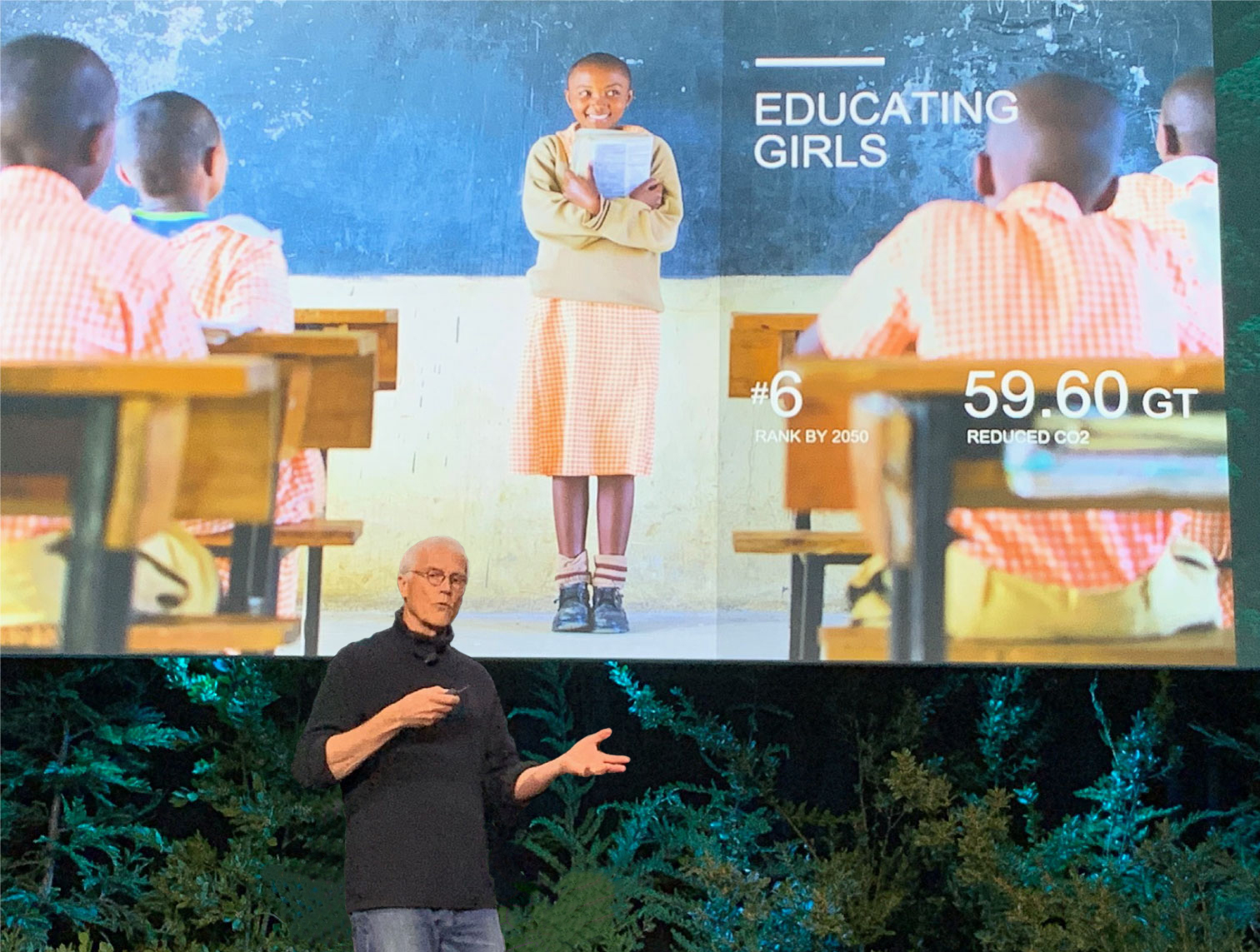
Drawdown is in its 14th printing, was a NYT bestseller, is published in 14 languages, has been referred to and used by heads of state, is part of the curriculum on every grade level from 4th grade to MIT graduate school, and is placed in a New Zealand hotel chain alongside the Gideon Bible.
Drawdown named the goal. Before the book was published, the goal and word were not mentioned in climate literature. The term drawdown is now in generic use, employed and referred to thousands of times a day, and the book’s conclusions became the “bible” for over a trillion dollars of funds managed by numerous financial institutions.
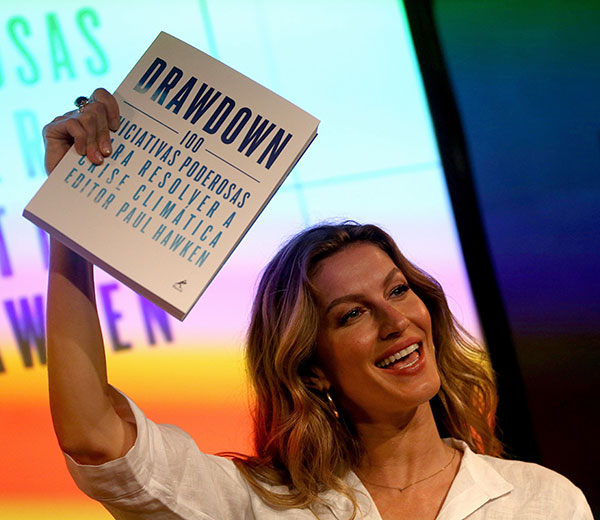
Giselle Bundchen presenting the Brazilian edition of Drawdown in Sao Paulo.

German edition

Emmanuel Macron at a convening of international leaders on climate.
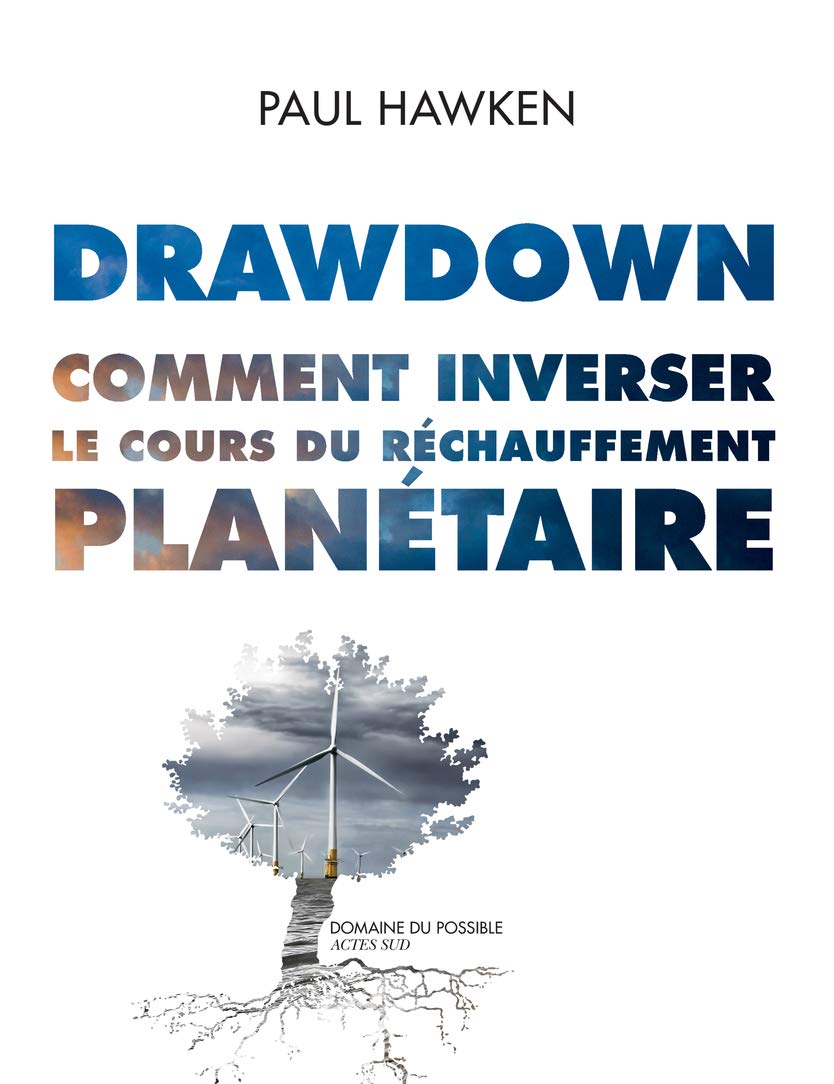
French edition
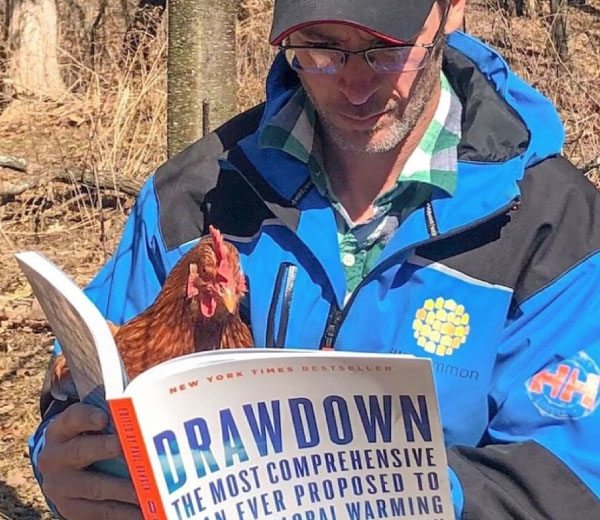
A reader browses Drawdown.

Students discussing climate solutions at Drawdown Learn event.

A family reads about climate solutions in Drawdown.
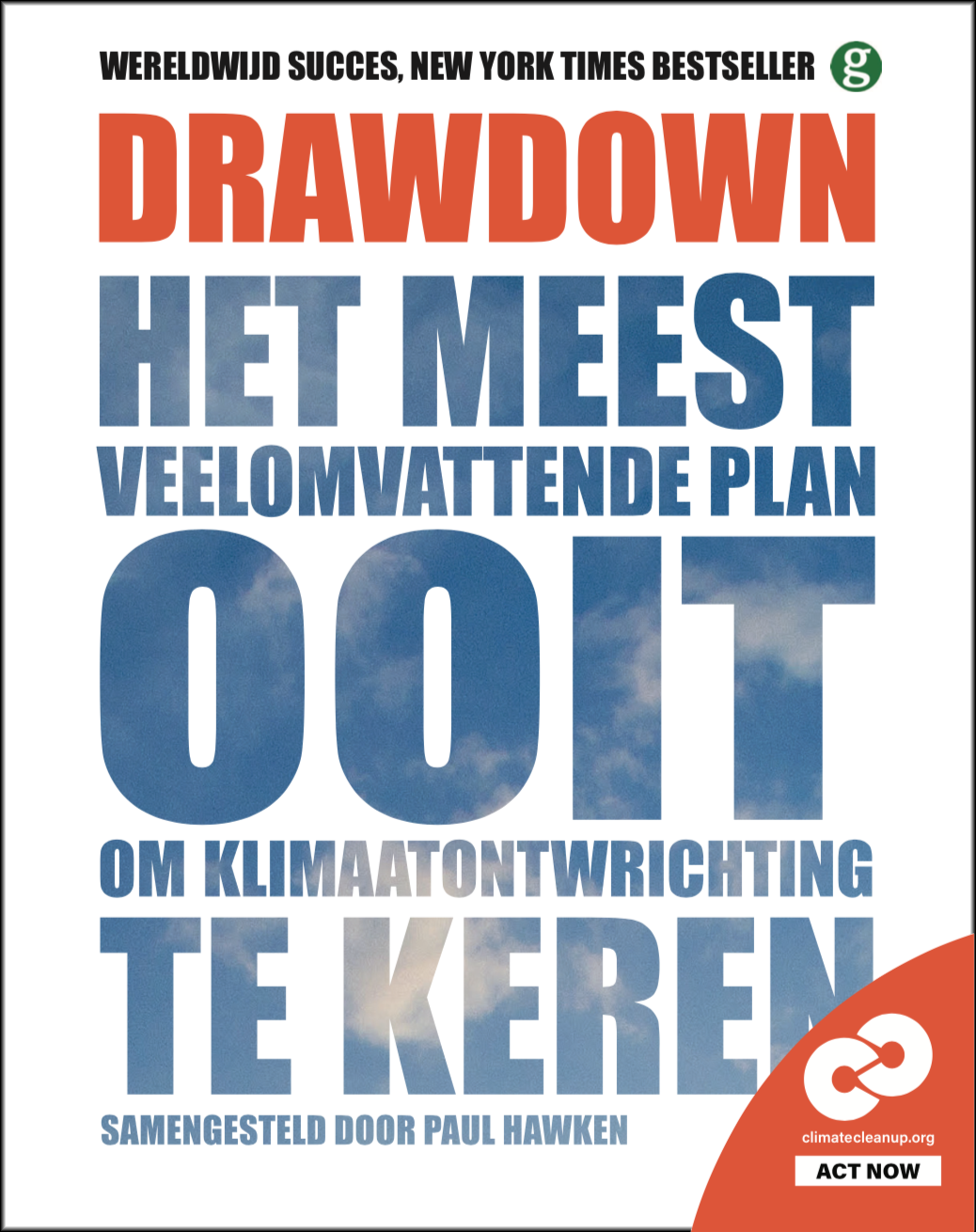
Dutch edition

Students in Cameroon learn about climate solutions via a poster inspired by Drawdown.
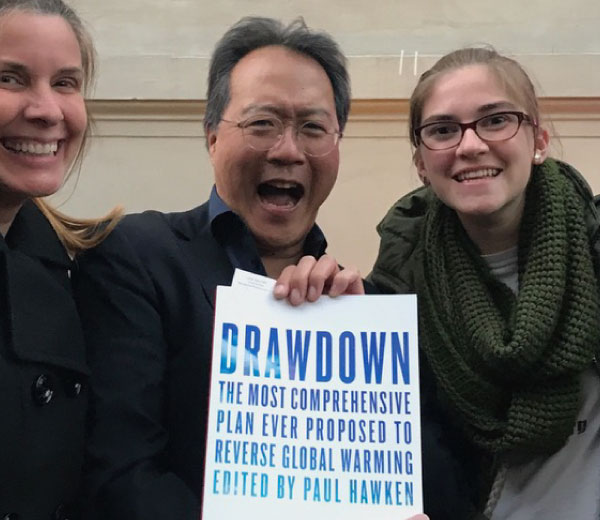
Yo-Yo Ma receives a copy of Drawdown.
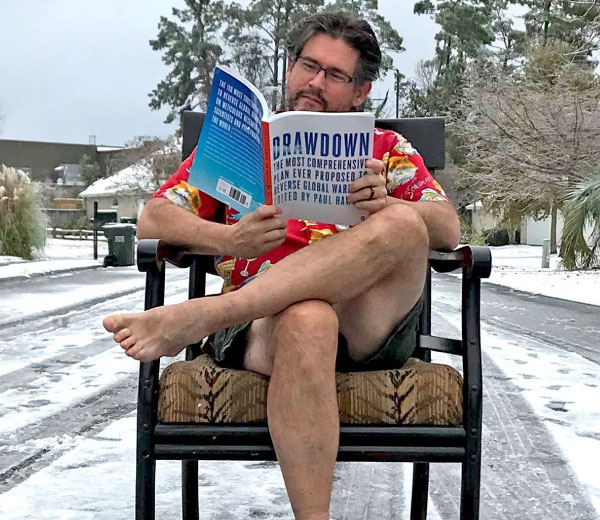
A reader enjoys Drawdown while sitting outside in the snow.
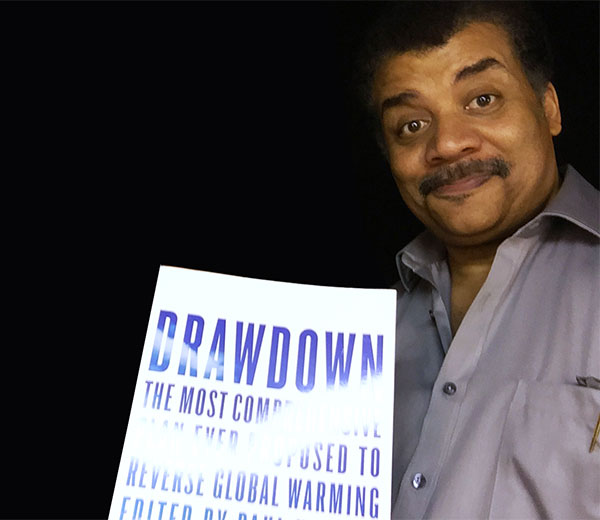
Neil deGrasse Tyson with his copy of Drawdown.
Writing
Paul Hawken is a best-selling author, who has written eight books, as well as dozens of articles, op-eds, and other papers concerning the environment, the ethical responsibility of business, and social justice. His books have been published in 30 languages in more than 50 countries and have sold more than 2 million copies. His writings have appeared in the Harvard Business Review, Resurgence, New Statesman, Inc, Boston Globe, Christian Science Monitor, Mother Jones, Orion, Libération, and over a hundred other publications since 1983
“Nearly everyone harbors a secret dream of starting or owning a business. In fact, 1,000,000 businesses start in the United States every year. Many of them fail, but enough succeed so that small businesses are now adding millions of jobs to the economy at the same time that the Fortune 500 companies are actually losing jobs.
Paul Hawken—entrepreneur and best-selling author—wrote Growing a Business for those who set out to make their dream a reality. He knows what he’s talking about; he is his own best example of success. In the early 1970s, while he was still in his twenties, he founded Erewhon, the [then] largest distributor of natural foods. More recently, he founded Smith & Hawken, the premier mail-order garden tool company. And he wrote a critically acclaimed book called The Next Economy about the future of the economy.
Using examples like Patagonia, Ben & Jerry’s Homemade Ice Cream, and University National Bank of Palo Alto, California, Hawken shows that the successful business is an expression of an individual person. The most successful business, your idea for a business, will grow from something that is deep within you, something that can’t be stolen by anyone because it is so uniquely yours that anyone else who tried to execute your idea would fail. He dispels the myth of the risk-taking entrepreneur. The purpose of business, he points out, is not to take risks but rather to get something done.” — Amazon.com
“Hawken touches on a raw nerve here. How might millions of people live and work in a complex business environment while causing ‘as little suffering as possible to all and everything around us?’ Hawken, no Luddite, believes that ‘we need a design for business that will ensure that the industrial world as it is presently constituted ceases and is replaced with human-centered enterprises that are sustainable producers.’ Avoiding stormy rhetoric, Hawken thoughtfully reviews ecological theories and disasters and insists that ‘ecology offers a way to examine all present economic and resource activities from a biological rather than a monetary point of view.’ Calling for a restorative economy, he proposes rational, achievable goals: stop accelerating the rate that we draw down capacity’; refrain from ‘buying or degrading other people’s environment’; and avoid displacing ‘other species by taking over their habitats.’ This noteworthy study should kindle debates within the business community.” — Publishers Weekly
”Hawken (The Ecology of Commerce) and...the Rocky Mountain Institute, an environmental think tank, have put together an ambitious, visionary monster of a book… The authors have two related goals: first, to showthevastarrayofecologicallysmart options available to businesses; second, to argue that it is possible for society and industry to adopt them. Hawken and the Lovinses acknowledge such barriers as the high initial costs of some techniques,lackofknowledgeofalternatives,entrenched ways of thinking and other cultural factors. In looking at options for transportation (including the development of ultralight, electricity-powered automobiles), energy use, building design, andwastereductionanddisposal,the book'sreach is phenomenal. It belongs to the galvanizing tradition of Frances Moore Lappe’s Diet for a Small Planet and Stewart Brand’s The Whole Earth Catalog. Whether all that the authors have organized and presented so earnestly here can be assimilated and acted on by the people who run the world is open to question. But readers with a capacity for judicious browsing and grazing can surely learn enough in these pages to apply well-reasoned pressure.” — Publishers Weekly
“Paul Hawken has spent over a decade researching organizations dedicated to restoring the environment and fostering social justice. From billion-dollar nonprofits to single-person dot.causes, these groups collectively comprise the largest movement on earth, a movement that has no name, leader, or location, and that has gone largely ignored by politicians and the media. Like nature itself, it is organizing from the bottom up, in every city, town, and culture. and is emerging to be an extraordinary and creative expression of people's needs worldwide. Blessed Unrest explores the diversity of the movement, its brilliant ideas, innovative strategies, and hidden history, which date back many centuries. A culmination of Hawken's many years of leadership in the environmental and social justice fields, it will inspire and delight any and all who despair of the world's fate, and its conclusions will surprise even those within the movement itself. Fundamentally, it is a description of humanity's collective genius, and the unstoppable movement to reimagine our relationship to the environment and one another.” — Viking Press
Drawdown maps, measures, models, and describes the 100 most substantive solutions to global warming. For each solution, we describe its history, the carbon impact it provides, the relative cost and savings, the path to adoption, and how it works. The goal of the research that informs Drawdown is to determine if we can reverse the buildup of atmospheric carbon within thirty years. All solutions modeled are already in place, well understood, analyzed based on peer-reviewed science, and are expanding around the world.
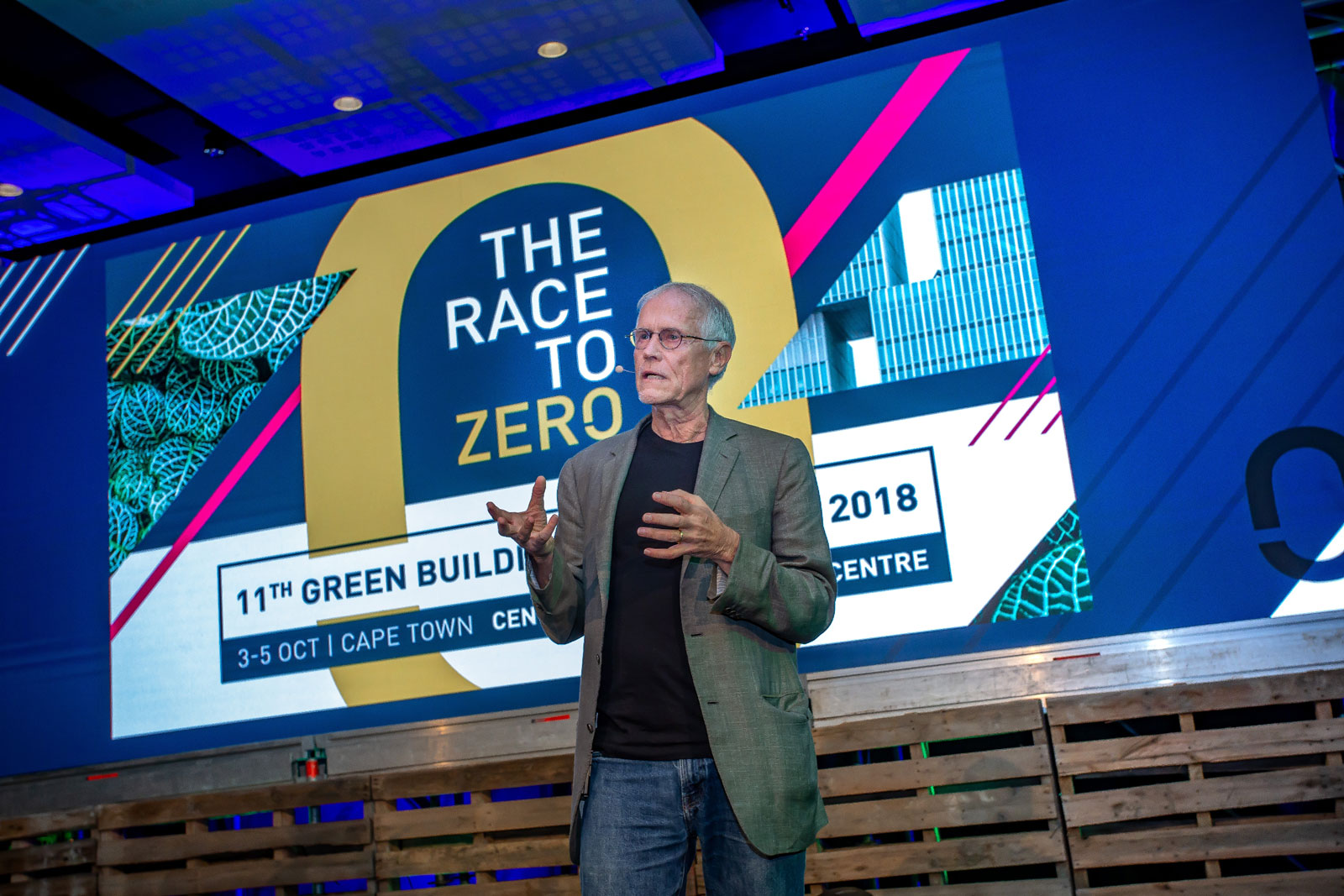
Speaking
Paul Hawken is a renowned lecturer — since 1983, he has keynoted conferences and led workshops on the impact of commerce upon the environment, and consulted with governments and corporations throughout the world on economic development, industrial ecology, and environmental policy. A list of selected upcoming events appears below, as well as past speaking topics, locations, and clients by date.
Upcoming events
There are currently no upcoming events due to Covid-19. Sign up for updates in the Contact section below.
Video Gallery
If you are interested in inviting Paul to speak to your organization or at an event, please fill out his Speaker Invitation Form. For podcasts, please fill out the Podcast Invitation Form, and for interviews, his Interview Form.
Biography
Paul Hawken is an environmentalist, entrepreneur, author and activist who has dedicated his life to environmental sustainability and changing the relationship between business and the environment. He is one of the environmental movement’s leading voices, and a pioneering architect of corporate reform with respect to ecological practices. His work includes founding successful, ecologically conscious businesses, writing about the impacts of commerce on living systems, and consulting with heads of state and CEOs on economic development, industrial ecology, and environmental policy. Paul is Founder of Project Drawdown, a non-profit dedicated to researching when and how global warming can be reversed. The organization maps and models the scaling of one hundred substantive technological, social, and ecological solutions to global warming.
Paul has appeared in numerous media including the Today Show, Bill Maher, Larry King, Talk of the Nation, Charlie Rose, and has been profiled or featured in hundreds of articles including the Wall Street Journal, Newsweek, Washington Post, Business Week, Esquire, and US News and World Report. His writings have appeared in the Harvard Business Review, Resurgence, New Statesman, Inc, Boston Globe, Christian Science Monitor, Mother Jones, Orion, Libération, and other publications.
Paul authors articles, op-eds, and peer-reviewed papers, and has written eight books including five national bestsellers: The Next Economy (Ballantine 1983), Growing a Business (Simon & Schuster 1987), and The Ecology of Commerce (HarperCollins 1993) Blessed Unrest (Viking, 2007), and Drawdown, The Most Comprehensive Plan Ever Proposed to Reverse Global Warming (Penguin). The Ecology of Commerce was voted as the #1 college text on business and the environment by professors in 67 business schools. Natural Capitalism: Creating the Next Industrial Revolution (Little Brown, September 1999) co-authored with Amory Lovins, has been read and referred to by several heads of state including President Bill Clinton who called it one of the five most important books in the world during his tenure as President. His books have been published in over 90 countries in 30 languages. Growing a Business became the basis of a 17-part PBS series, which he hosted and produced. The program, which explored the challenges and pitfalls of starting and operating socially responsive companies, was shown on television in 115 countries and reached more than 100 million people. His latest work, Regeneration: Ending the Climate Crisis in One Generation, was published by Penguin Random House in September 2021, and debuted as a #6 NYT and Washington Post bestseller. He is currently completing Carbon, The Book of Life, to be published by Penguin Random House in February 2025.
Paul has founded several companies, starting in the 1960s with Erewhon, one of the first natural food companies in the U.S. that relied solely on sustainable agricultural methods. He went on in 1979 to co-found Smith & Hawken, the retail and catalog garden company. In 2009 Paul founded OneSun, an energy company focused on ultra low-cost solar based on green chemistry and biomimicry that is now known as Energy Everywhere.
In 1965, Paul worked with Martin Luther King Jr.’s staff in Selma, Alabama prior to the historic March on Montgomery. As press coordinator, Paul registered members of the press, issued credentials, gave updates and interviews on national radio, and acted as a marshal for the final march. That same year, he worked in New Orleans as a staff photographer for the Congress of Racial Equality, focusing on voter registration drives in Bogalusa, Louisiana and the panhandle of Florida, and photographing the Ku Klux Klan in Meridian, Mississippi, after three civil rights workers were tortured and killed. In Meridian, he was assaulted and seized by Klan members, but escaped due to FBI surveillance and intervention. Paul has spoken, conducted research, and traveled extensively throughout the world, undertaking journeys into insurgent-held territories of Burma to research tropical teak deforestation, as well as a 1999 humanitarian/photojournalistic trek to war-torn Kosovo .
As a speaker, Paul has given keynote addresses to the Liberal Party of Canada, the King of Sweden at his inaugural Environmental Seminar, American Bookseller’s Association, Urban Land Institute, SRI International, Harvard University, Stanford University, the Wharton School, Cornell University, Prime Minister of New Zealand’s Conference on Natural Capitalism, U.S. Department of Commerce, Australian Business Council, Yale University and Yale University Commencement, University of California, Berkeley Commencement, France’s Ministry of Agriculture, American Association for the Advancement of Science (AAAS), Prince of Wales Conference on Business and the Environment—Cambridge University, Commonwealth Club, Herman Miller, National Wildlife Federation, State of Washington, American Society of Landscape Architects, American Institute of Architects, American Institute of Graphic Arts, American Solar Energy Association, Apple, World Business Council for Sustainable Development, Cleveland City Club, Conference Board, U.S. Forest Service, Ontario Hydro, Environment Canada, EPA, and several hundred others. PBS named his 2009 commencement speech at the University of Portland the best commencement speech of the year.
Paul has served on the board of many environmental organizations including Point Foundation (publisher of the Whole Earth Catalogs), Center for Plant Conservation, Conservation International, Trust for Public Land, Friends of the Earth, and National Audubon Society. He has received numerous awards and recognitions, including: Green Cross Millennium Award for Individual Environmental Leadership presented by Mikhail Gorbachev in 2003; World Council for Corporate Governance in 2002; Small Business Administration “Entrepreneur of the Year” in 1990; Utne “One Hundred Visionaries who could Change our Lives” in 1995; Western Publications Association “Maggie” award for “Natural Capitalism” as the best Signed Editorial/Essay” in 1997; Creative Visionary Award by the International Society of Industrial Design; Design in Business Award for environmental responsibility by the American Center for Design; Council on Economic Priorities’ 1990 Corporate Conscience Award; Metropolitan Magazine Editorial Award for the 100 best people, products and ideas that shape our lives; the Cine Golden Eagle award in video for the PBS program “Marketing” from Growing a Business; California Institute of Integral Studies Award “For Ongoing Humanitarian Contributions to the Bay Area Communities”; Esquire Magazine award for the best 100 People of a Generation (1984). In 2014 he was named one of the three Pioneers of Sustainability along with Professors Peter Senge and Michael Porter. Paul has received six honorary doctorates. In 2019, the National Council for Science and the Environment granted him a Lifetime Achievement Award on Science, Service, and Leadership.
